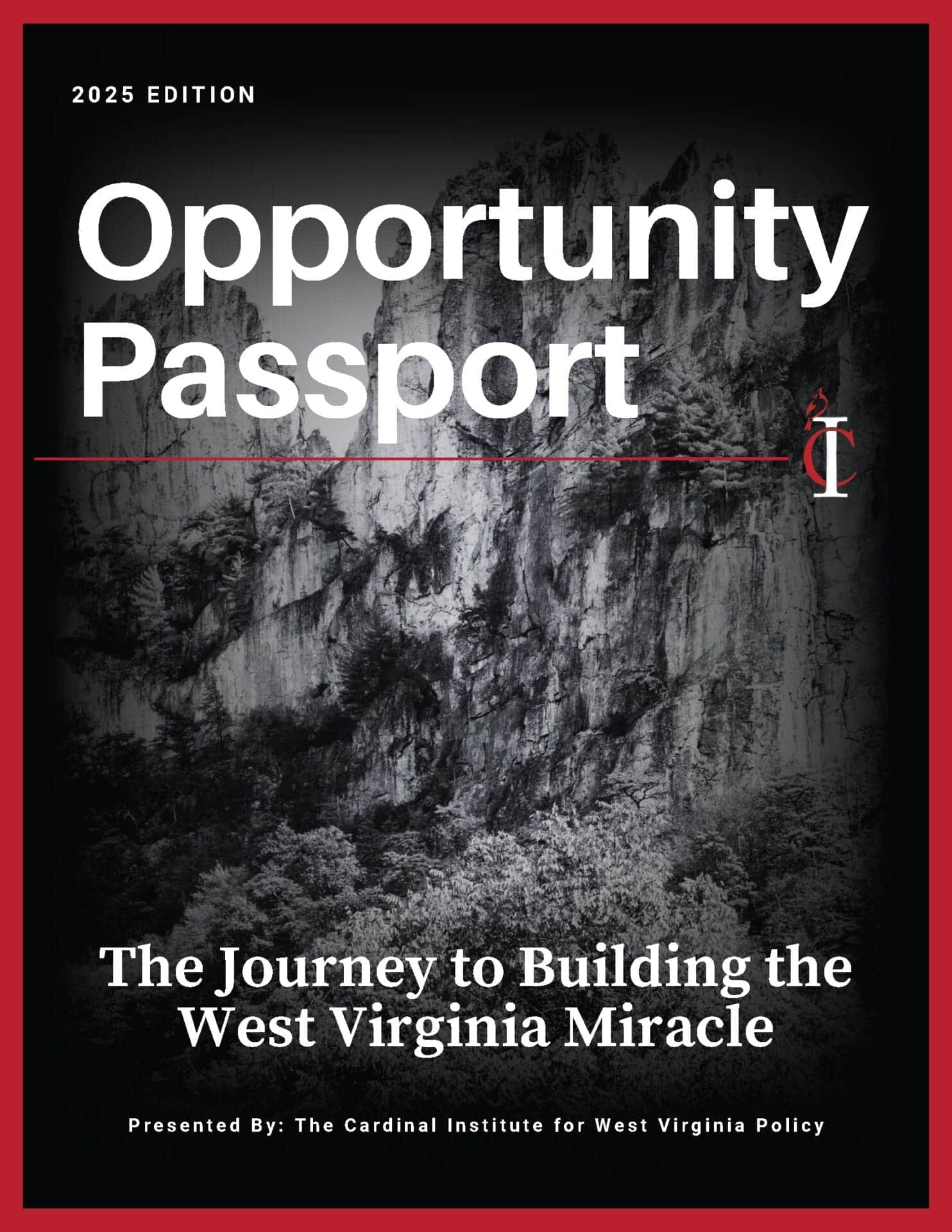
Why Work Matters
Is Work Good for Us?
Work is ever-present in our lives. Regardless of if your relationship with work is good or bad, it is a significant feature of your day. For those of us who have traditional office jobs, it takes up about 8 hours or so of our day. For others, especially the self-employed, this activity takes up significantly more of the day.
If you spend any time on TikTok or Instagram watching reels, you’ll see a growing trend of content creators and influencers talking about the negatives of work and how to navigate toxic corporate cultures. If you spend time listening to public policy debates, efforts to encourage employment are often construed as punitive. The dichotomy in how generations, different communities, and varying ideological persuasions talk about work can be shocking.
Ultimately, how a person approaches conversations about work will boil down to whether they believe it to be inherently valuable. Excepting religious arguments about the meaning and value of work from this conversation, I believe there are three primary reasons that work matters and should be viewed as a net good.
(For the purposes of this conversation, I will be using the terms work and employment interchangeably. Although I am aware that work can be a more expansive concept beyond income generating activities.)
Economic Freedom & Income
It’s a cold fact of reality that goods and services cost something. Even if we all lived in a moneyless society, we’d have to barter for the things we need to survive and thrive. Work provides individuals with the resources needed to meet their basic survival needs. It also enables social mobility and economic freedom. In exchange for the value we provide to a company or organization, we receive money that we can then use to buy a home, purchase a car, or exchange for services that free up our time to do the activities we enjoy. Money doesn’t buy happiness, but it can provide a certain level of security and freedom that enables individuals to pursue what brings them lasting joy.
Work Helps Communities Thrive
Work provides benefits to communities. This is true in the purely economic sense of keeping the national economy running. But it is also true in a more tangible, close-to-home sense. Work allows us to meet our neighbors’ needs and encourages reciprocity and mutuality.
For example: by working at my local school as a teacher, I help educate children and care for them during the day. Not only do I provide an education for the families who send their kids to my school, but I also build relationships with those children, their parents, and my coworkers. Together, we build a community that allows us as individuals to thrive. We celebrate milestones in life together, we help each other find purpose, and we navigate difficult life circumstances together. Our coworkers and the people we serve in our jobs benefit from the human connection of interacting with us.
It may sound trite, but this is generally true. Man is not an island; we are social creatures. Work facilitates that interconnectedness.
Work Can Provide a Path Toward Self-Actualization and the Dignity of Earned Success
In addition to providing the income necessary for the bottom tier of Maslow’s Hierarchy of Needs, employment can also help an individual achieve self-actualization—the top of the pyramid. This piece of the puzzle isn’t always as self-evident. I think that’s because not all work is equally life-giving and not all individuals are equally suited to the same kind of work.
Despite this, employment gives people an opportunity to experience the self-satisfaction and feeling of dignity that comes from earned success. You may have experienced this yourself if you’ve baked your own bread at home instead of buying it at the store. Or if as a kid you had the opportunity to earn some extra money through chores to buy a toy or game that you wanted. Adults can have this same feeling by earning income rather than depending on charity or government programs. Employment can also further contribute to self-actualization as it allows individuals to use their skills, aptitudes, and passions to help others and provide for their basic needs. Work can give individuals an avenue for pursuing opportunities that allow them to reach their fullest potential.
While it is true that not all work is enjoyable, work, generally construed, is a good thing. It should be valued. We should encourage employment, through public policy, for the benefit of individuals and communities. Work will be a pivotal part of building the West Virginia Miracle.
Amanda Kieffer is the Communications Director for the Cardinal Institute for West Virginia Policy.








